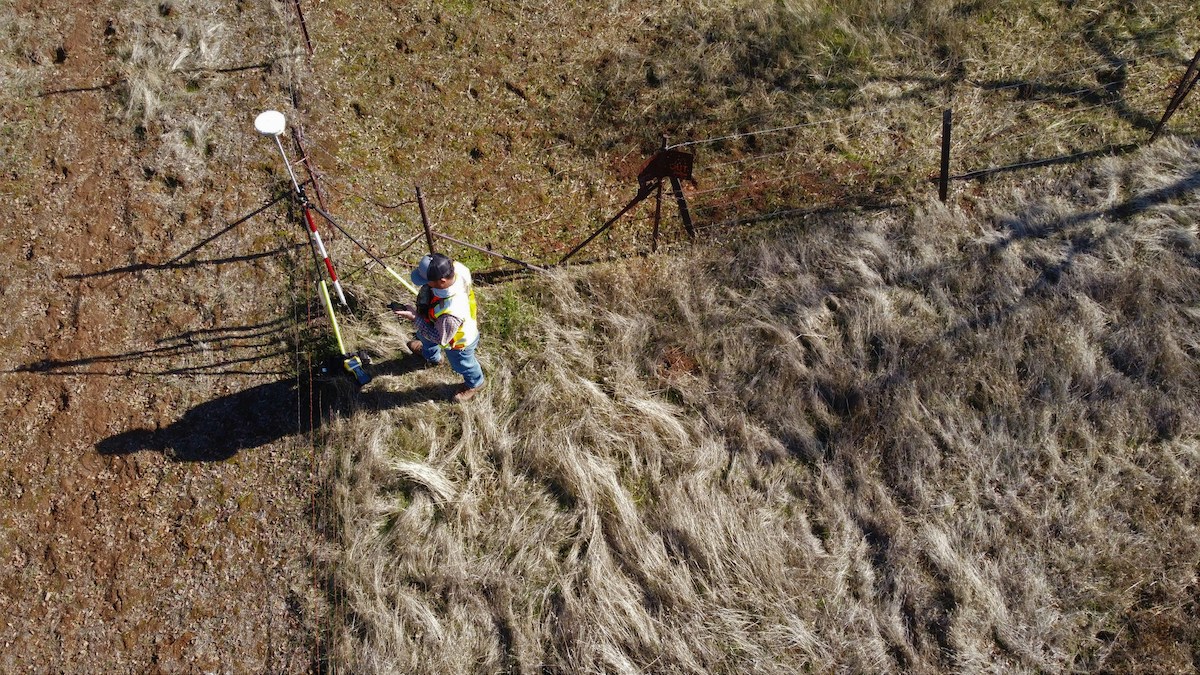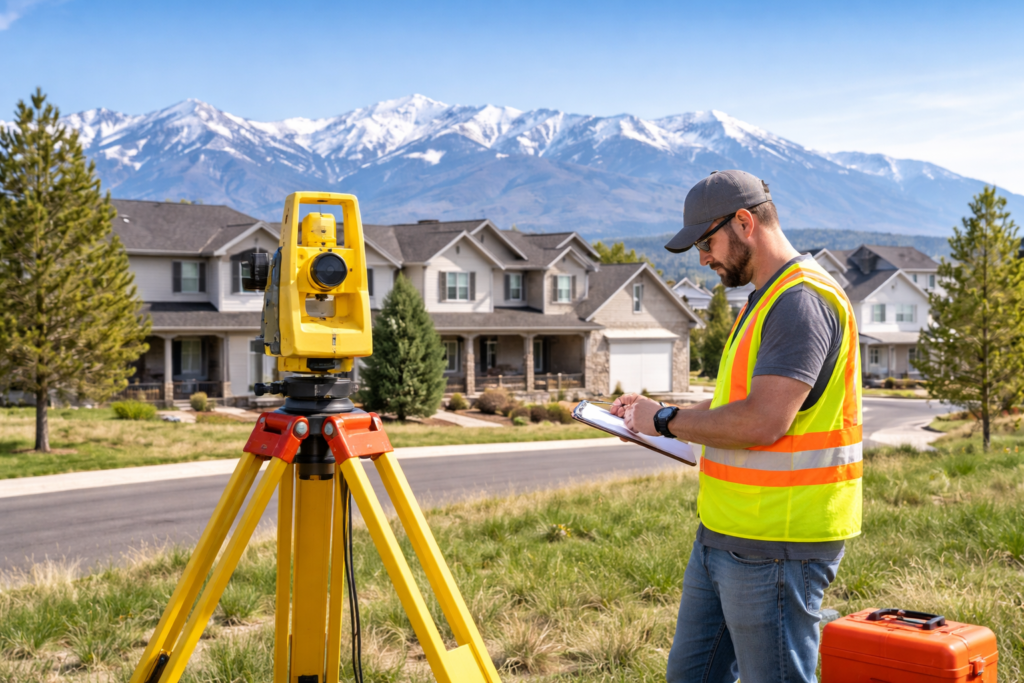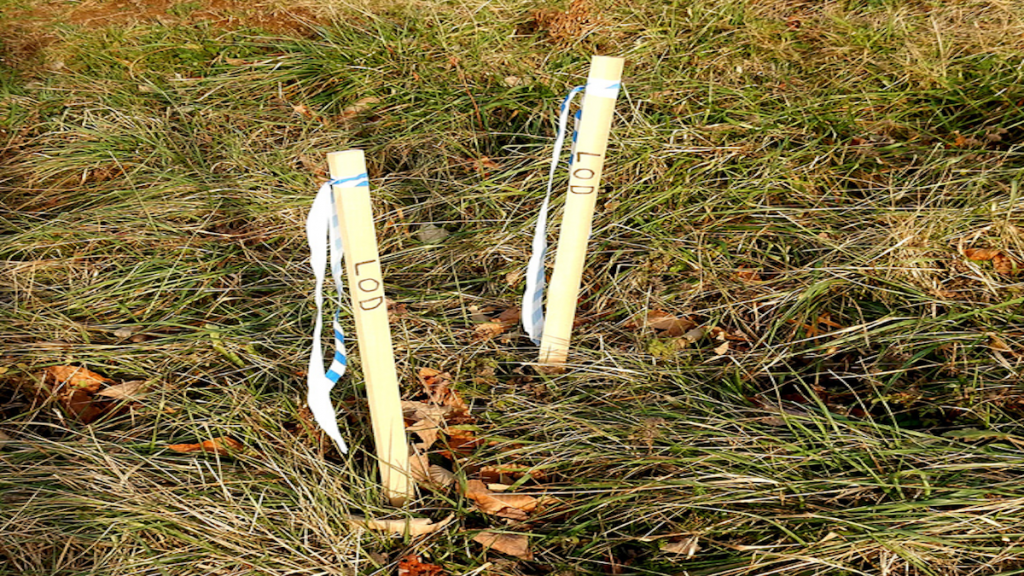While land surveying is an indispensable part of property development, offering invaluable insights for land surveyors in Salt Lake City, Utah, and beyond, it’s not without its challenges. This profession, critical for accurately determining property boundaries and aiding construction projects, encounters several hurdles that can impact both surveyors and clients. From environmental factors to technological limitations, let’s delve into the less discussed aspects of land surveying and uncover the disadvantages that professionals in the field often navigate.
The Environmental Impact
Land surveying activities, especially in areas rich in natural resources like Salt Lake City, Utah, can sometimes disturb local ecosystems. Surveyors often traverse untouched lands, which may lead to:
- Disruption of local flora and fauna
- Potential erosion and habitat disturbance
Understanding and mitigating these impacts is crucial, as highlighted by environmental guidelines from agencies like the Environmental Protection Agency (EPA).
The Cost Factor
One of the significant disadvantages of land surveying is the cost involved. High-quality surveys require:
- Sophisticated technology and equipment
- Skilled professionals to conduct the survey
These factors contribute to the overall expense, making it a considerable investment for property owners. For insights into funding and managing such costs, financial advice from resources like the Financial Planning Association (FPA) can be invaluable.
Technological Limitations
Despite advances in surveying technology, there are still limitations to what current tools can achieve. Issues include:
- GPS signal obstruction in dense urban or heavily forested areas
- The need for continuous updates and upgrades of surveying software and hardware
Professionals must stay ahead of these technological challenges to ensure accurate results. Engaging with cutting-edge research and development, as discussed on platforms like TechCrunch, can provide valuable insights into emerging solutions.
Time Consumption (H2)
Land surveying is a meticulous process that cannot be rushed. The time taken to:
- Conduct thorough surveys
- Process and analyze the data
…can significantly extend project timelines, affecting overall project schedules and deadlines.
Legal and Regulatory Hurdles (H2)
Land surveyors often face complex legal and regulatory landscapes, navigating:
- Varied state and local regulations, as seen in Utah’s specific guidelines
- Potential legal disputes over property boundaries and land use rights
Staying informed on these matters is crucial for surveyors and their clients alike, necessitating regular consultation with legal resources like the American Bar Association.
Access and Trespassing Issues
Gaining access to survey sites can sometimes pose significant challenges, involving:
- Negotiating access with private landowners
- Risk of trespassing complaints during the surveying process
Effective communication and legal agreements are essential to overcome these barriers, as is a thorough understanding of local laws and rights.
Conclusion
While land surveying in Salt Lake City, Utah, and across the globe plays a critical role in property development and management, it’s a field fraught with challenges. From environmental concerns and cost implications to technological hurdles and legal complexities, land surveyors must navigate a myriad of disadvantages. However, with the right approach and resources, these challenges can be managed effectively. For those seeking professional land surveying services that understand and mitigate these disadvantages, Cook Surveying offers a comprehensive suite of solutions tailored to meet the needs of clients in Utah and beyond.




